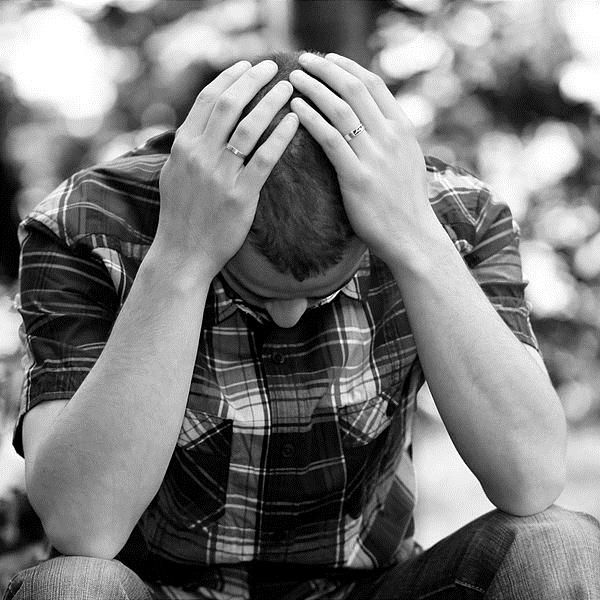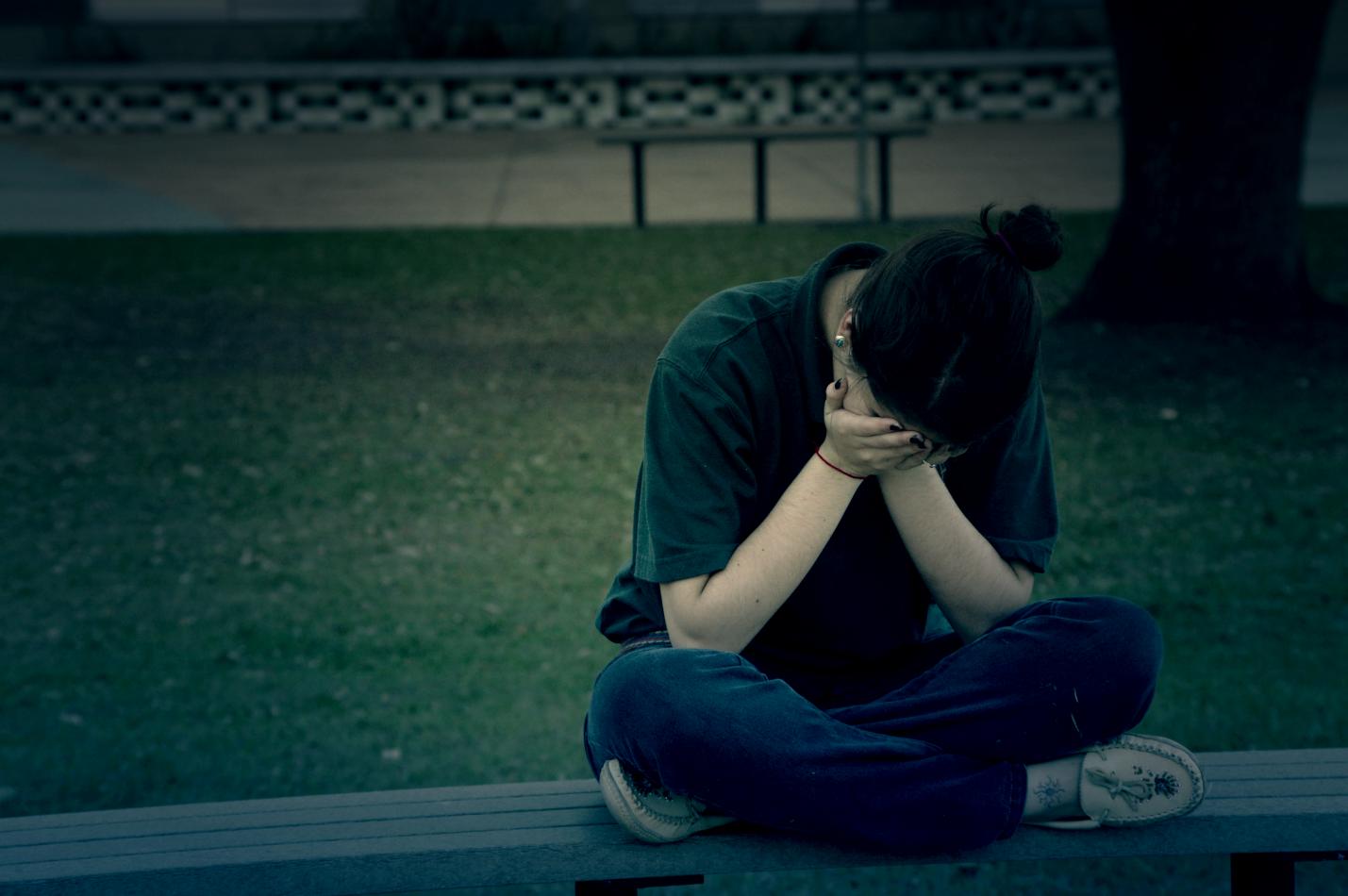Relationships:
Teen Dating Abuse - Relationships

Relationships are a major part of life for teens all over the world. The drama and excitement of what many consider "true love" touches everyone in some way. Yet what happens when true love turns sour? What happens when relationships become hurtful, violent, wrong?
What happens is Teen Dating Abuse, a problem that afflicts millions, affecting not only their personal lives, but their very sense of security, belongng, safety, and self-worth. A problem that needs to be fixed.
Statistics:
The statistics on this issue are startling, a window to the horror so many teens experience every day. Though they say nothing of the physical and emotional damage victims endure, these numbers speak for themselves.
- 1 in 11 high school students report being hurt or physically abused by a date
- About 1 in 5 women and 1 in 7 men who ever experienced rape, physical violence, and/or stalking by partner, first experienced it between 11 and 17 years of age
- In the U.S, 5.3 million instances of Intimate Partner Violence (IPV) were reported in adult women; many of these women had been abused as teens as well.
- In a survey conducted in the US, 2003, 6.1% of students reporting mostly A's reported physical dating violence compared with 13.7% of students receiving mostly D's or F's.
- There are statistics that show people of different incomes, opportunities, and racial backgrounds are more susceptible to be victims of teen dating violence. But these statistics are very close (often within 2 or 3% of one another), showing that anyone can be abused in a dating relationship, and that someone’s background has no effect on this. Only the abuser is responsible.
Signs:
There are countless signs that a person is a victim of dating abuse Though they do not replace a gut feeling, recognizing these notifications may save lives.
- Partner harms or tries to harm you physically in any way
- Partner cuts you down verbally (often following with ‘I love you’)
- Partner tries to control aspects of your life that they aren’t a part of, such as how you dress and who you spend time with
- Partner threatens to harm you if you leave the relationship
- Partner tries to blame you for their actions
- Partner becomes jealous when you try to spend time with friends


Reasons:
For each person, eeither a victim or a perpetrator of relationship abuse, their reasons and motivations are different. These are a few of the most common ones:
Victims may stay in abusive relationship because they...
- feel responsible and obligated to stay in the relationship
- believe jealousy and possessiveness is a sign of love
- do not realize they are being abused
- have no one to go to for help, or don’t know how to ask for help
- are inexperienced with dating
- feel pressured to be in a relationship
- have low self-esteem
- don’t want to believe the person they love is hurting them
- believe the abuse is their fault
- hope that their partner will eventually stop being abusive
- think that they are in love
- are not ready to leave their partner
Abuse happens because…
- the abusers believe that this is ok. This may come from home, the media, and past relationships.
- anger disorders
- drug and alcohol use
- depression
- a history of aggressive behavior and bullying
- multiple partners
- anxiety
- problems at school
- have witnessed violence in their community
- are insecure and need to hurt others in order to feel better about themselves
What to Do:
It is difficult to leave an abusive relationship, as many believe they are in love with the person who is abusive. The first step is to acknowledge that you are being abused. The second is to tell someone that you are being abused, either a parent, trusted adult or friend, the police, or a sibling. They will create a safety net, a circle of support surrounding you and willing to help. The third is to make logical and safe plans for leaving the relationship with the help of whoever you have contacted. And the fourth is to leave. This is the hardest stage, and afterwards, things may be awkward, or in extreme cases, dangerous. This is why the people around you are necessary- to aid in recovery and rebuilding efforts.
Help sources:
http://www.teensagainstabuse.org/
http://www.loveisrespect.org/
http://www.victimsofcrime.org/help-for-crime-victims/get-help-bulletins-for-crime-victims/bulletins-for-teens/dating-violence
National Hotlines- Toll Free. Confidential. 24/7.
LoveIsRespect.org National Teen Dating Abuse Helpline
1.866.331.9474
1.800.799.SAFE(7233)
1.800.442.HOPE(4673)
1.800.656.HOPE(4673)
1.800.FYI.CALL(1-800-394-2255)*Monday-Friday 8:30am-8:30pm ET
Sources:
Information gathered from:
- "T.E.A.R - Teens Experiencing Abusive Relationships." T.E.A.R - Teens Experiencing Abusive Relationships. N.p., 2005. Web. 30 Jan. 2014.
-
"Physical Dating Violence in High School Students- US 2003." Centers for Disease Control and Prevention. Centers for Disease Control and Prevention, 19 May 2006. Web. 30 Jan. 2014.
- "Teen Dating Violence." Centers for Disease Control and Prevention. Centers for Disease Control and Prevention, 24 Dec. 2013. Web. 26 Jan. 2014.
-
"Abusive Relationships." KidsHealth - the Web's Most Visited Site about Children's Health. Ed. Arcy Lyness. The Nemours Foundation, 01 May 2013. Web. 27 Jan. 2014.